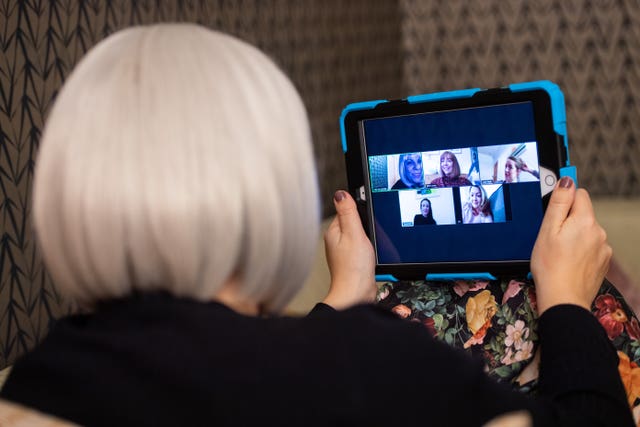Google makes premium video chat platform free in race to take on Zoom
Google account holders can carry out group chats with up to 100 people for free.

Google is making its premium video conferencing platform available for free as competition among tech giants to keep the world connected during lockdown heats up.
Rolling out from next month, anyone with a Google account will be able to create virtual meetings of up to 100 people at a time on Google Meet.
There will be a limit of 60 minutes per session for free users, though Google says this won’t come into effect until September 30.
It comes amid an explosion in demand for video chat, as people look to technology for keeping in touch with loved ones, friends, and working remotely from home during the coronavirus pandemic.

Zoom has largely gained traction in recent months, though big players such as Facebook have recently emerged with their own offerings.
Such is Zoom’s current popularity, even one of Google’s own executives was reportedly outed as an apparent user.
According to the New York Times, Google’s chief business officer Philipp Schindler was interrupted by his son last month, as he was telling employees on a call about using Meet, only for the child to blurt out how he and his friends enjoy using Zoom to chat.
However, Zoom has not been without its problems, with cases of ‘zoombombing’ already being investigated by the National Crime Agency (NCA), in which a stranger accesses a meeting uninvited and displays offensive material – in some cases child abuse footage.
Google’s approach does not use passwords to enter chats, but instead video call hosts have controls for who can enter before they can participate, as well as the ability to lock the chat once everyone invited is inside.
The tech giant says Meet uses encryption and does not process data for advertising, nor share it with any third parties.





